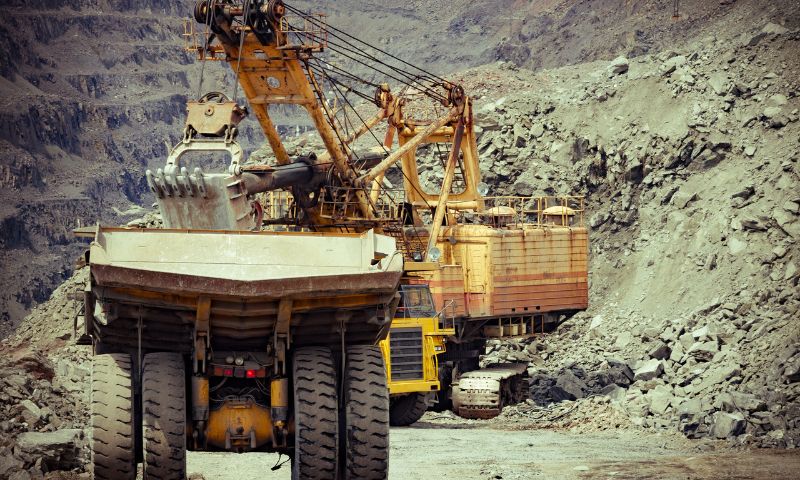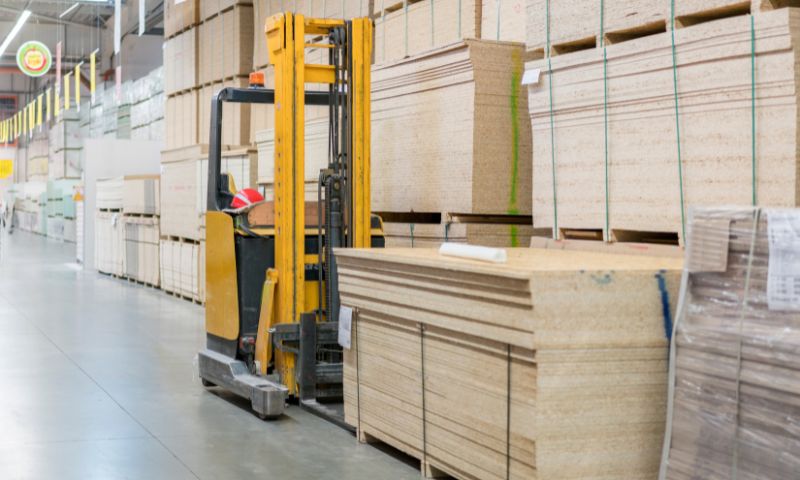How To Boost Employee Morale in Your Woodworking Shop
Happy workers are the most valuable tool in your arsenal. Learn how to boost employee morale in your woodworking shop with these effective strategies.
What Goes Into a Hard Rock Mining Project
A hard rock mining project takes a lot of work, but from the outside looking in, it can be confusing. Here’s all that goes into such a mining project.
How To Gain Repeat Occupants at Your Hotel
It’s always a great feeling when you have a returning guest. If you want repeat occupants for your hotel, there are ways to ensure they’ll want to return.
Mastering Guest Engagement at Corporate Events
Discover how to engage your guests and elevate your corporate events from mundane to memorable with our innovative engagement strategies.
Why Manufacturers Depend on Excellent Engineers
Not just any person with a degree in engineering is a viable candidate for manufacturing. Learn why manufacturers depend on excellent engineers here.
4 Things To Keep in Mind With a Side Gig
If you’re thinking of supplementing your income with a side hustle like a delivery service, make sure you’re prepared for the job. Learn more here!
Building an Airport: Everything You Need to Know
If you’re building an airport, regardless of its size or purpose, check out this blog for everything you need to know about construction and compliance.
The Importance of Flashpoints for Industrial Solvents
Flashpoints can indicate how volatile a solvent is, making their proper identification and management of paramount importance. Learn more here.
Common Warehousing Mistakes You Should Avoid
Many warehouses make the same mistakes that hurt their businesses. Learn the common warehousing mistakes you should avoid to ensure your warehouse’s success.
Tips for Women Who Want To Be More Assertive at Work
Don’t let career opportunities and experiences pass you by because of internalized misogyny. Learn tips for women who want to be more assertive at work.
Different Ways SEO Services Can Grow Your Business
If you’re looking to grow your business, incorporating SEO into your strategies can be a great way. Learn more about the different ways SEO services can help.
Go Global with Your Small Business – 4 Tips for Success
Transform your small business into a global success with strategic tips. From digital presence to payroll solutions, conquer new markets efficiently.












